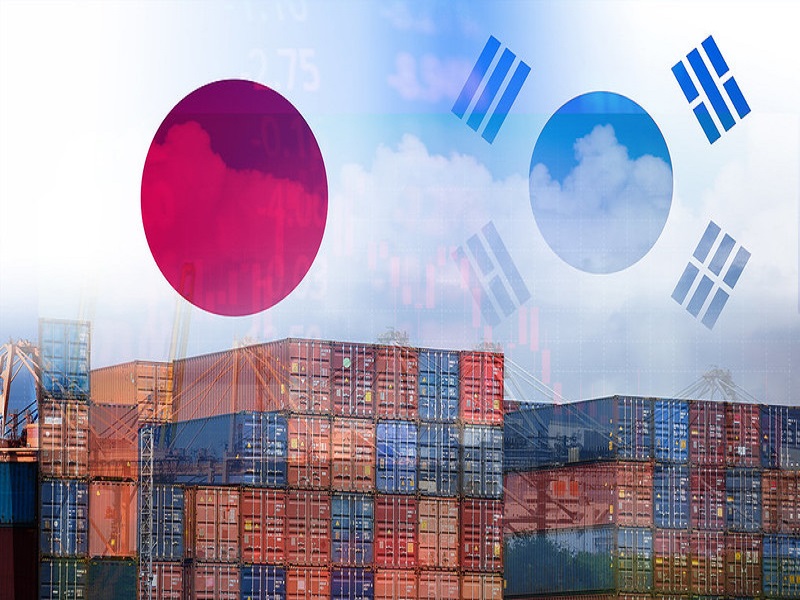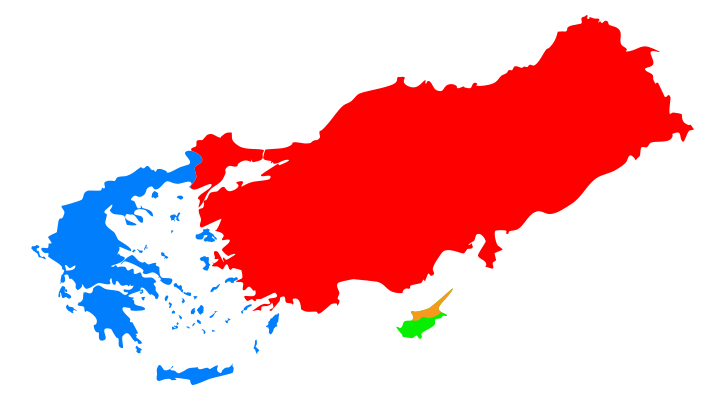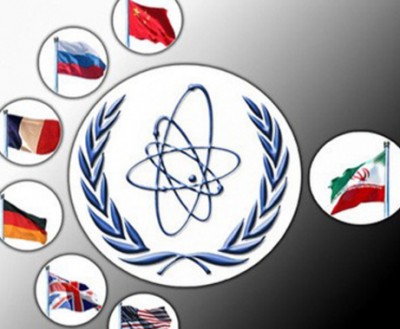Withdrawal from GSOMIA and “No Japan” Boycotts
The South Korean government recently announced that it would not renew the General Security of Military Information Agreement (GSOMIA) with Japan for the upcoming fall. GSOMIA is an agreement signed with the purpose of promoting intelligence-sharing regarding the activities of North Korea activities. The reason for withdrawal, according to the South Korean government, is retaliation against Japan for removing South Korea from its list of preferred trade partners. This announcement was made within the context of an escalating trade war between the two East Asian countries.
Accompanying this issue, there are “No Japan” boycotts happening in South Korea, where domestic companies refuse to sell any Japanese products and are restricting imports from Japan. The boycott grew significantly when Korean Supreme Court ordered Mitsubishi Heavy Industries to compensate victims of forced labour imposed by Japanese forces on Korean civilians during WWII. However, Japanese Prime Minister Shino Abe’s administration has denied any connection between current Japanese firms and historical disputes regarding forced labour.
This controversy regarding the issue of forced labour is not new. Ever since the Japanese invasion and occupation of Korea from 1910 to 1945, the use of forced labour and enslavement of ‘comfort women’ has been a sensitive issue between two countries. These historical grievances have been addressed on numerous occasions, including the 1965 Treaty of Basic Relations between Japan and South Korea, the 1990 Kaifu apology, the 1994 Asian Women’s Fund, and the 2015 comfort women agreement.
GSOMIA Withdrawal: Is it a sign that East Asian security is breaking down?
Over the past few months, the “No Japan” campaign is becoming national, with approximately six out of ten South Koreans participating, affecting a 21-24% drop in purchases of Japanese beer, a 32% drop in Toyota car sales, and a 40% drop in the sales of the Japanese clothing brand Uniqlo. The impact of the campaign can be observed even in Toronto. Some restaurants owned by South Koreans in Toronto have begun refusing to serve Japanese liquor. With a growing number of South Koreans participating in the “No Japan” campaign against the backdrop of an escalating trade war, the future of South Korean and Japanese relations seems uncertain.
The impact of South Korea’s GSOMIA withdrawal may signal that East Asian security is in danger. Withdrawal from GSOMIA can possibly lead to unstable national security of both South Korea and Japan because neither will have access to the intelligence that they once exchanged under this agreement. Even though Japan and South Korea can exchange information under Trilateral Information Sharing Arrangement (TISA), a Defense Ministry official of South Korea said it is possible that this will slow down the exchange of information because the US is also involved in the process, which constitutes a trilateral agreement between the three countries. Countries adjacent to North Korea will likely be more susceptible to aggressive behavior by North Korea in the absence of collaborative intelligence exchanges.
Recent actions by North Korea indicate that security in East Asia is already precarious. The authoritarian regime launched two short-range ballistic missiles the week after South Korea announced withdrawal from GSOMIA. Including the latest missile test, North Korea has conducted seven short-range missile tests in recent weeks.
Another impact of the GSOMIA withdrawal is that it weakens the trilateral alliance of the US, South Korea, and Japan. The trilateral alliance of these countries has been acting as both as a dominant power restraining North Korea’s behavior and a counterbalance to China’s influence in East Asia. The loosening of ties between Japan and South Korea impede the stability of this trilateral alliance, which may hinder any future actions or measures that require collaboration from all members. From the US perspective, America will be losing a valuable channel to either communicate with or put pressure on North Korea.
For all the reasons outlined above, tensions between South Korea and Japan seem unlikely to settle in the near future. Also, with major protests underway in Hong Kong and several missile tests conducted by North Korea since the 2019 Hanoi summit, the security of East Asia seems increasingly fragile. Given NATO’s expanding ties with Japan and South Korea, as well as other Pacific countries such as Australia, any crisis in East Asia is likely to have major consequences for global security as a whole.
Photo: Japan and South Korea trade war white list economy conflict tax – Japan rally to declare a boycott South Korea goods export Controls technology business on ship in export and import container, by Engdao Wichitpunya via Flickr.
Disclaimer: Any views or opinions expressed in articles are solely those of the authors and do not necessarily represent the views of the NATO Association of Canada.




